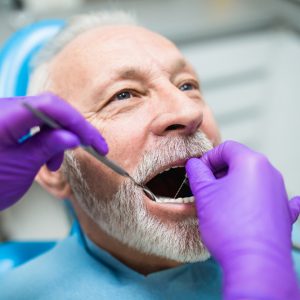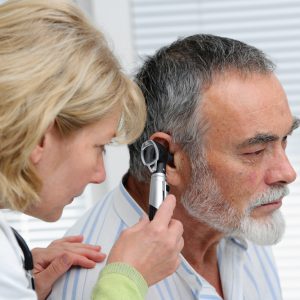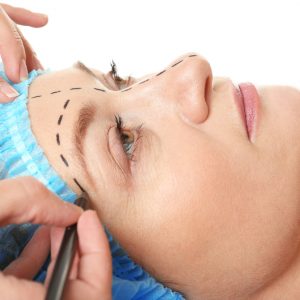You are eligible for Medicare if you are 65 years of age or above. Millions of the United States senior citizens sign up for the insurance coverage every year or look around in order to get hold of better coverage. Just like other insurance policies, you should have a thorough knowledge and understanding of how exactly Medicare works since you will come across some exceptions set forth by Medicare. You got to know what kind of healthcare expenses are covered and which expenses you need to bear on your own. To avoid getting into unpleasant situations, go through these pretty common health expenses that standard Medicare doesn’t cover.
Prescription Pills

Through Medicare A and Medicare B, you get coverage on your doctor visits, ambulance services, hospital stays, and medical equipment. Prescription drugs do not fall into this category. If you really want coverage on your prescription drugs in your old age, you need to apply for Medicare C or Medicare Advantage plan or Medicare D i.e. Medicare Drug plan. Even though these two programs are controlled and supervised by Medicare, you can only get enrolled with the help of certain private insurance companies.
Dental Check-ups

A Medicare offers coverage on your outpatient as well as inpatient medical services, but dental check-ups automatically get excluded. However, you have a few alternatives if you want your dental care expenses to be covered. Private secondary insurance is primarily the answer to your problem. With that being said, there are a few Medicare Advantage plans that offer coverage on your dental check-ups too and that’s comparatively much cheaper than any private insurance plan. A number of Medicare policyholders prefer availing their health savings account or HSA to cover their dental costs since these accounts give them a tax-advantage. But, once you have availed Medicare, you won’t be able to contribute to your HSA.
Eye Examinations And Hearing Aids

Medicare would only cover your regular eye check-ups, contact lenses, and eyeglasses only if you are having cataracts or diabetes. Even though a few Medicare Advantage plans tend to cover your eye examinations, seniors prefer availing private vision insurance plans, since they come with a low cost. If you have a stable vision, dropping in at the doctor’s chamber for a yearly routine check-up won’t cost much. But never skip these annual eye examinations, as that may cause deteriorating eye conditions or even loss of sight in the long run. Just like vision impairment issues, hearing problems might crop up as you grow older. Worse, you won’t receive coverage on your hearing aids from Medicare. You are left with two options. Either you use your HSA or your health savings account or avail the Medicare Advantage plans.
Cosmetic Surgery

Cosmetic surgery is generally considered as elective surgery. Forget about Medicare, no health insurance plan usually covers any sort of cosmetic procedure. If you wish to cover your cosmetic surgery through Medicare, you need to provide documented proofs that the procedure is necessary on medical grounds. If you are getting your face contoured or nose reshaped, it is hardly any different from availing a pedicure or getting a facial done. Hence, you won’t get Medicare benefits. You will have to bear the expenses and there is no way out for you.
Long-term Care

You must keep it in mind that any kind of nursing care and other long-term care is not covered by Medicare. You can only receive coverage on this through Medicaid. Medicaid is actually a health insurance plan that’s offered by the government, especially for those Americans who belong to the lower income group. Therefore, spend wisely and keep the aforesaid points in mind. Retirees who are moving out of the country are advised to avail travel medical insurance plans that are temporary. That will help you cut down the medical expenses that you usually would have to pay from your pockets, in some cases, even before you are able to visit a doctor.
Save money in your savings account while you are still working. The amount that you save before your retirement would help you pay for the healthcare services that you might require post-retirement, be it dental care, hearing aids, or any other healthcare services that might require from time to time. Don’t just rely on Medicare.





